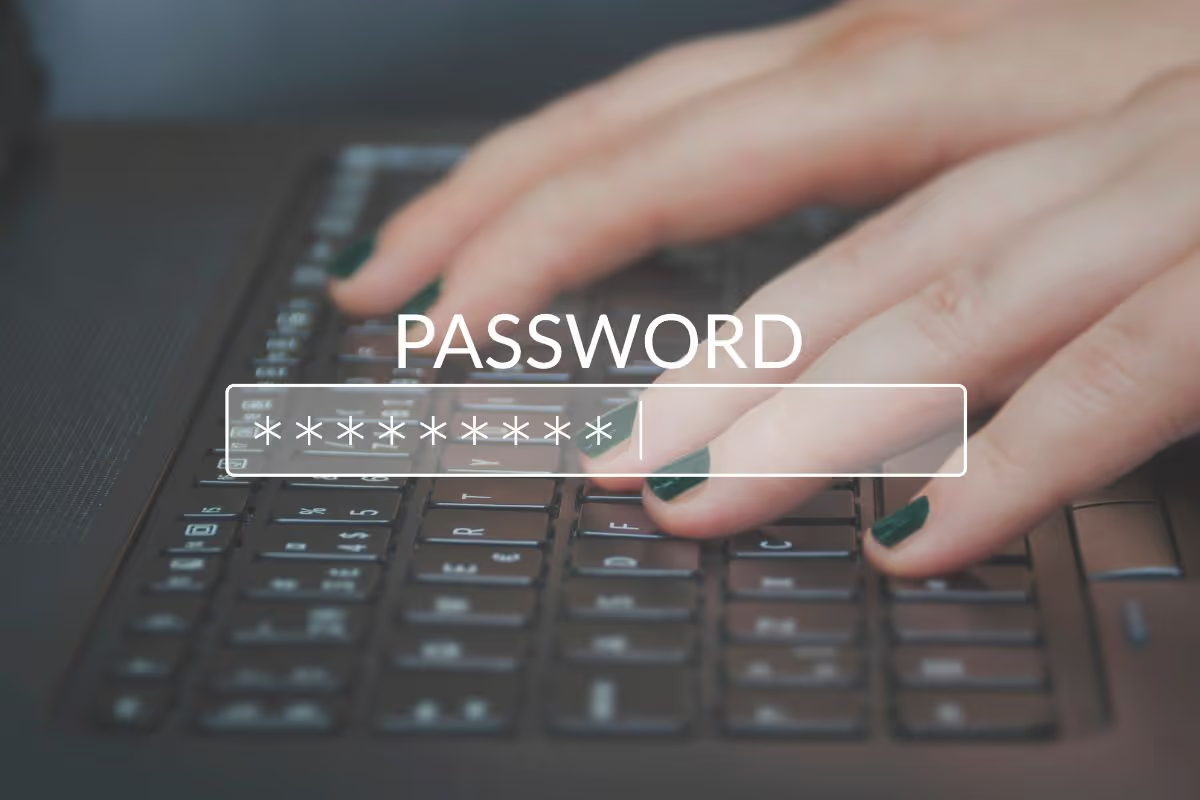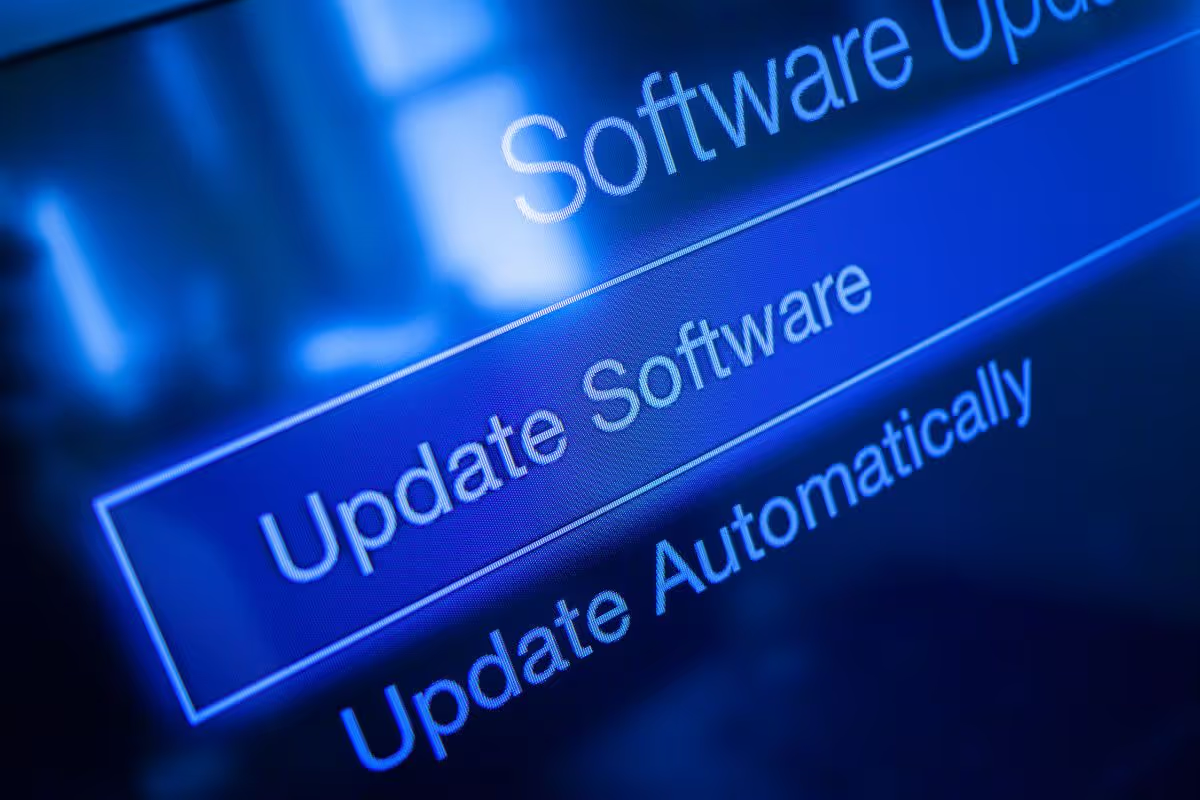In today’s digital world, online banking offers convenience at your fingertips. No more waiting in long lines; instead, you can manage your finances while lounging in your pajamas. But with great power comes great responsibility. It’s essential to be smart and secure so you can enjoy the benefits without the bumps.
In this blog post, we'll delve into five crucial tips to keep in mind when navigating the world of online banking. From safeguarding your sensitive information to choosing the right bank, these tips will help you stay one step ahead of potential pitfalls.
Imagine breezing through your financial tasks—paying bills, transferring money, and checking your balance—without a worry in the world. Sounds great, right? But as with many things in life, a little caution goes a long way. Cybersecurity threats are very real, and knowing how to protect yourself can save you from headaches down the road.
Whether you’re a seasoned online banker or just starting, these five things will empower you to bank smarter and safer. Let’s dive into the digital bank vault!
Use Strong, Unique Passwords

First things first—passwords! They’re your first line of defense against online threats. You wouldn't want someone rifling through your personal belongings, right? The same goes for your online accounts. A strong password is essential, and it needs to be unique for each account.
Ditch the easy-to-guess options like "123456" or "password"—they scream "hack me!" Instead, opt for a combination of uppercase and lowercase letters, numbers, and special characters. For example, "B@nanaS4$harP!1" not only looks complex but is also much harder to crack.
Moreover, don't reuse passwords across different sites. Forget the temptation of convenience, as it can lead to chaos if one site gets breached. You can use a password manager to help keep track of your intricate passwords without pulling your hair out. And always remember to change your passwords regularly—at least every six months.
Using weak passwords is like leaving your backdoor wide open. Strengthen your defenses by creating a fortress around your financial information. Take your time and make it a routine; your future self will thank you!
Enable Two-Factor Authentication
Now that you’ve fortified your password, let’s double down with two-factor authentication (2FA). Think of it as a security guard checking IDs at a concert—just because you’ve got a ticket doesn’t mean you’re getting in without proper verification.
Two-factor authentication adds an extra step to your login process. After you enter your password, you receive a unique code sent to your phone or email that you must enter to complete the process. This would thwart even the savviest hackers because they need access to your device in addition to your password.
Most banks and financial institutions offer 2FA, so it’s a no-brainer to enable it. It takes just a few minutes to set up, and those few extra minutes could save you from a world of trouble down the line.
If your bank offers biometric options like fingerprint or facial recognition, jump on those, too! Biometrics add a layer of uniqueness that is virtually impossible to replicate. Remember, the more layers of security you have, the better protected you are against unauthorized access.
One Pass That Does It All. Get Out And Play!
Keep Your Software Updated

Let’s talk about updates—they may seem annoying, but they play a crucial role in maintaining your online security. Every time an update rolls out, it often includes patches for security vulnerabilities found in the software. Ignoring them is like leaving a jar of honey out in a bee-infested area; you're just asking for trouble!
Make it a habit to update not just your online banking app but also your operating system and any other software you commonly use. Enable automatic updates if possible, so you don’t have to keep reminding yourself to do it.
Your devices and applications work best when they're current. Outdated software can have vulnerabilities that hackers exploit. Think of each update as a mini security shield, reinforcing your digital presence against unwanted intrusions.
By staying on top of these updates, you ensure your online banking activities remain secure while enjoying the features and improvements rolled out by developers. So go ahead—don't hit the snooze button on those updates. Embrace them!
Monitor Your Accounts Regularly
When was the last time you checked your bank account? If you have to think for more than a second, it’s time to get proactive. Regularly monitoring your accounts allows you to catch any suspicious activities before they snowball into larger problems.
Set a routine—whether it’s daily, weekly, or even bi-weekly—simply log in and review your recent transactions. Look for any charges that you don’t recognize; they could indicate that your account has been compromised. The sooner you spot a discrepancy, the better your chances are of resolving it and minimizing potential losses.
Additionally, consider setting up account alerts for transactions over a certain amount. These will ping you whenever money moves in or out of your account, keeping you informed about your financial activities.
Don’t forget to reconcile your statements with your account activity. It might feel tedious, but the peace of mind it offers is priceless. It's your money—keep a close watch on it to ensure it stays right where it belongs!
Be Wary of Phishing Scams
Phishing scams are like digital bait-and-switches designed to trick you into revealing personal information. They may come as emails, text messages, or even phone calls that look official, urging you to “verify your bank information.” Red flags, anyone?
Be suspicious of any unsolicited communication that asks for sensitive information. Legitimate financial institutions will never ask for your password or full account number via email or text. Always take a moment to think: does this look too good to be true? If it does, it probably is.
If you receive a message that seems off, don’t click any links or download attachments. Instead, go directly to your bank's website by typing it into your browser or using their official app.
Training yourself to recognize phishing attempts is part of being a savvy online banker. Keeping your guard up will help protect your financial information from falling into the wrong hands.
Conclusion
Online banking is a fantastic convenience, but it doesn't come without its challenges. The five tips we've explored—using strong, unique passwords, enabling two-factor authentication, keeping your software updated, monitoring your accounts regularly, and avoiding phishing scams—will help you navigate the digital waters safely.
By staying vigilant, actively safeguarding your information, and consistently monitoring your accounts, you'll enjoy all the perks of online banking while minimizing potential risks. Think of it as a membership—you have the keys to a treasure trove of financial freedom, but it’s up to you to ensure that treasure stays safe.
Keep these tips in your back pocket, and enjoy the amazing world of online banking without the worry!
.jpg)
.jpg)
.jpg)